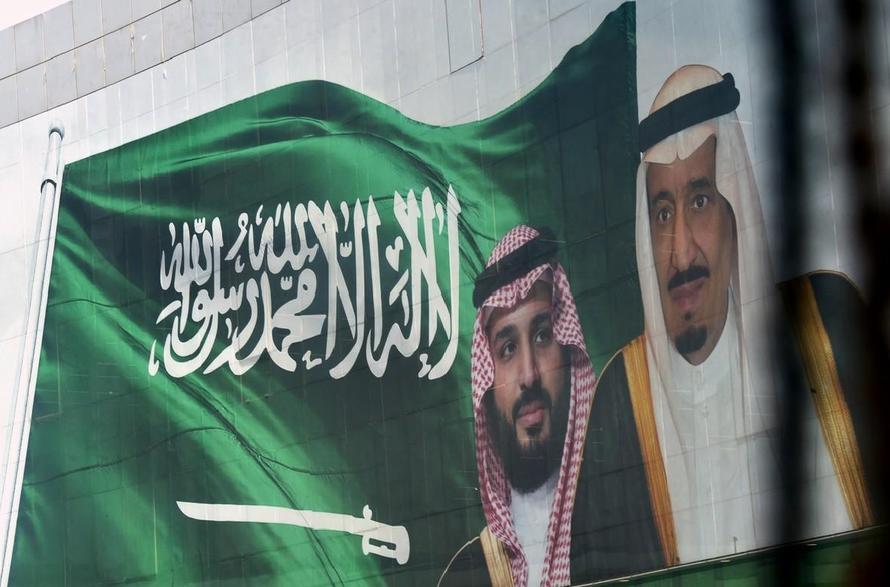Authored by Andrew Korybko via Oriental Review,
Saudi Arabia clinched 37 deals worth $53 billion after announcing that it intends to attract upwards of $426 billion in total over the next decade as it seeks to advance Crown Prince Mohammed Bin Salman’s (MBS) ambitious Vision 2030 agenda of socio-economic reform. The young leader knows that his majority-youthful country has no hope for the future if it doesn’t rapidly transition to a post-oil economy before its world-famous reserves run dry, which is why he’s doing everything in his power to court infrastructural, industrial, defense, and technological investments in order to prudently give his people a chance to survive when that happens.
This will naturally result in far-reaching lifestyle changes whereby the relatively well-off native population is compelled to leave their plush government jobs and segue into the competitive private sector out of economic necessity. Relatedly, the Kingdom is loosening its previously strict religious edicts that hitherto prohibited Western-style social freedoms such as playing music in restaurants, going to the cinema, and allowing women to drive. About the last-mentioned of these three latest reforms, it’s inevitable that more women will move out of the home and into the workforce as Vision 2030 progressively develops, though therein lays the potential for serious social unrest.
The Saudi state is upheld by the dual pillars of the monarchy and the Wahhabi clerics, the latter of which have been sidelined as a result of Vision 2030 and MBS’ previous crackdown on both radical Islam and the corrupt elite. For all intents and purposes, the Crown Prince’s rapid rise to power was a factionalist coup within the monarchy itself but also a structural one of the monarchy imposing its envisioned will over the Wahhabi clerics, both in the sense of curtailing any militant activities that some of them might have been encouraging and/or funding and also when it comes to counteracting their previously dominant influence over society.
As the country makes progress on advancing Vision 2030 and its related economic reforms continue catalyzing social ones as well, it’s very possible that the structural fault lines between the monarchy & Wahhabis and the younger generation & the older one will lead to political destabilization if they’re not preemptively and properly dealt with.
While it might sound overly dramatic, there’s a lot of objective truth in the forecast that MBS might either end up as the first King of a New Saudi Arabia or the last Crown Prince of a country that might ultimately cease to exist if these naturally occurring Hybrid War variables aren’t brought under control.
via ZeroHedge News http://bit.ly/2Gg8Vea Tyler Durden
